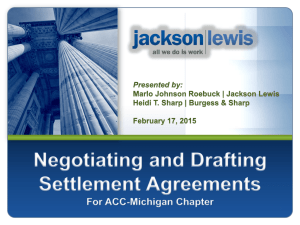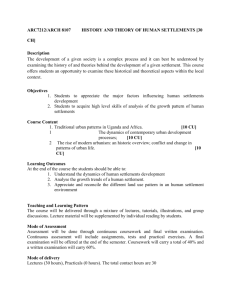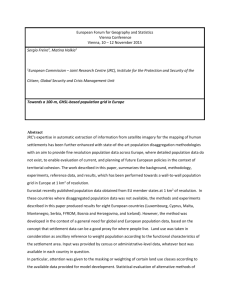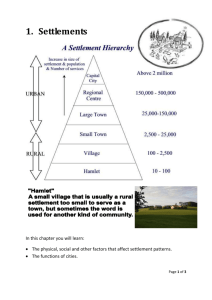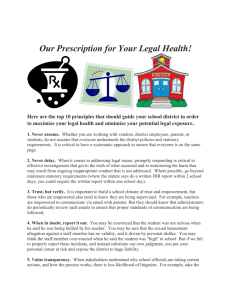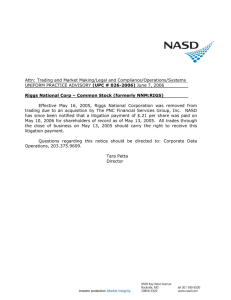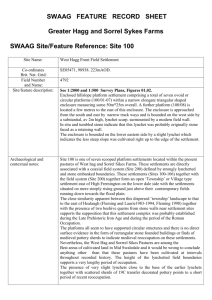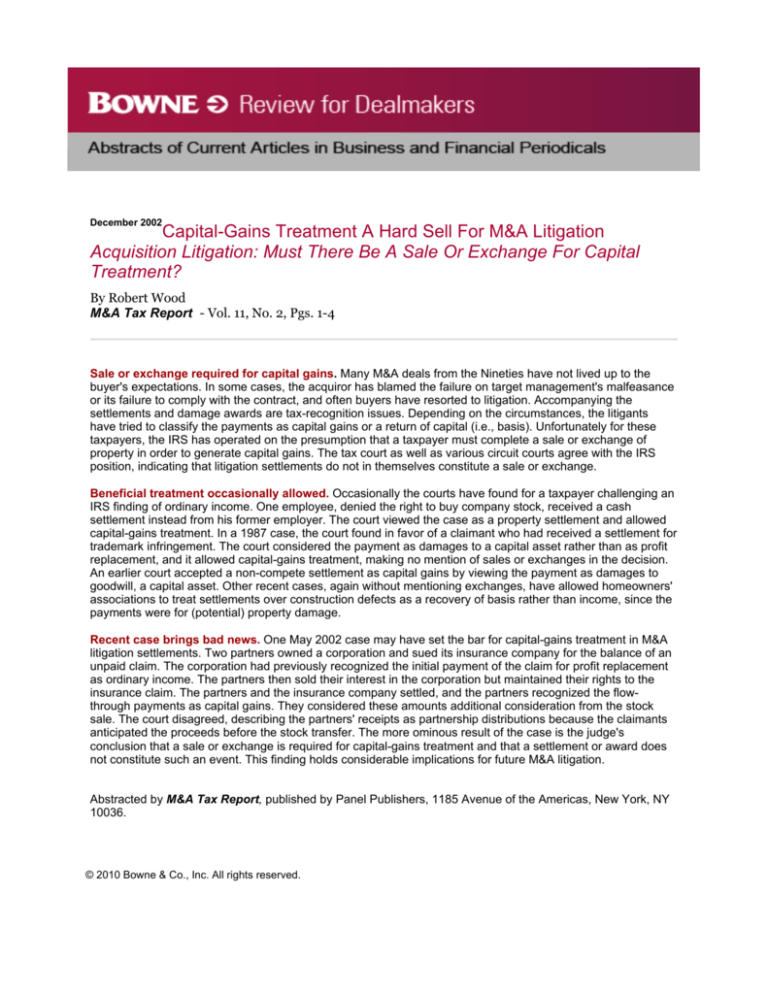
December 2002
Capital-Gains Treatment A Hard Sell For M&A Litigation
Acquisition Litigation: Must There Be A Sale Or Exchange For Capital
Treatment?
By Robert Wood
M&A Tax Report - Vol. 11, No. 2, Pgs. 1-4
Sale or exchange required for capital gains. Many M&A deals from the Nineties have not lived up to the
buyer's expectations. In some cases, the acquiror has blamed the failure on target management's malfeasance
or its failure to comply with the contract, and often buyers have resorted to litigation. Accompanying the
settlements and damage awards are tax-recognition issues. Depending on the circumstances, the litigants
have tried to classify the payments as capital gains or a return of capital (i.e., basis). Unfortunately for these
taxpayers, the IRS has operated on the presumption that a taxpayer must complete a sale or exchange of
property in order to generate capital gains. The tax court as well as various circuit courts agree with the IRS
position, indicating that litigation settlements do not in themselves constitute a sale or exchange.
Beneficial treatment occasionally allowed. Occasionally the courts have found for a taxpayer challenging an
IRS finding of ordinary income. One employee, denied the right to buy company stock, received a cash
settlement instead from his former employer. The court viewed the case as a property settlement and allowed
capital-gains treatment. In a 1987 case, the court found in favor of a claimant who had received a settlement for
trademark infringement. The court considered the payment as damages to a capital asset rather than as profit
replacement, and it allowed capital-gains treatment, making no mention of sales or exchanges in the decision.
An earlier court accepted a non-compete settlement as capital gains by viewing the payment as damages to
goodwill, a capital asset. Other recent cases, again without mentioning exchanges, have allowed homeowners'
associations to treat settlements over construction defects as a recovery of basis rather than income, since the
payments were for (potential) property damage.
Recent case brings bad news. One May 2002 case may have set the bar for capital-gains treatment in M&A
litigation settlements. Two partners owned a corporation and sued its insurance company for the balance of an
unpaid claim. The corporation had previously recognized the initial payment of the claim for profit replacement
as ordinary income. The partners then sold their interest in the corporation but maintained their rights to the
insurance claim. The partners and the insurance company settled, and the partners recognized the flowthrough payments as capital gains. They considered these amounts additional consideration from the stock
sale. The court disagreed, describing the partners' receipts as partnership distributions because the claimants
anticipated the proceeds before the stock transfer. The more ominous result of the case is the judge's
conclusion that a sale or exchange is required for capital-gains treatment and that a settlement or award does
not constitute such an event. This finding holds considerable implications for future M&A litigation.
Abstracted by M&A Tax Report, published by Panel Publishers, 1185 Avenue of the Americas, New York, NY
10036.
© 2010 Bowne & Co., Inc. All rights reserved.

